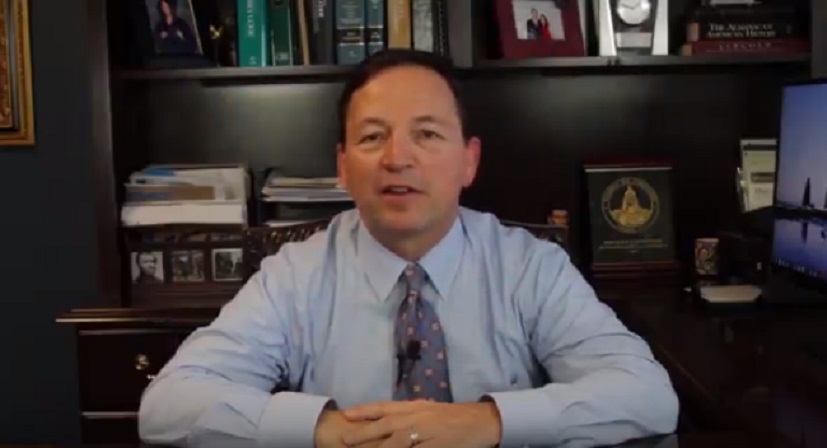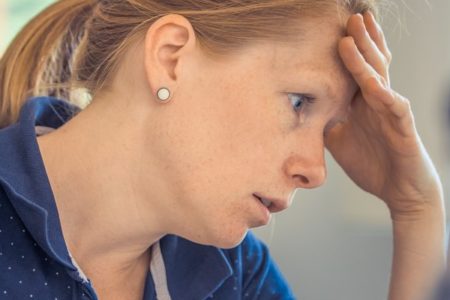
Many people can be very confused, even a little bit frightened, about the process of divorce proceedings. Being aware of how a divorce proceeds in court can take away a lot of stress and give people realistic expectations about their case.
Pasadena’s Certified Family Law Attorney Donald Schweitzer, in a video series called “Good to Know, Family Topics,” explains the process of dissolution proceedings in California and talks about the three main phases of a divorce.
The first stage of every divorce is the Information Stage, where one of the parties serves the other side with a Summons and Petition for Dissolution of Marriage. The respondent is then required to file a Response within 30 days. During this phase of a divorce, the parties list out the various issues that need to be resolved.
In that initial phase, both sides will be required to prepare Preliminary Declarations of Disclosure, which encompasses a schedule of assets and debts and an income-and-expense declaration that lays out all of the couple’s assets and debts whether those are separate property or community property. The reason for this is that both parties have fiduciary duties towards each other. It is important that both parties know the full extent of the community assets and debts, as well as the other party’s separate property in order to resolve the case in a fair manner.
The second phase is the discovery phase, where both parties work with their lawyers to lay a foundation for their case. In this phase lawyers serve subpoenas asking the other side to produce documents, take depositions and a variety of other things, including investigative tactics, in order to build a case.
The final phase is the resolution phase, or “getting to the finish line.” There are two ways: one is through a trial, which is an evidentiary hearing at the end of the case that requires both parties to call witnesses and provide evidence supporting their position. The other is through the settlement process, either voluntary or mandatory. It should be comforting to know that most cases settle without having to go to trial, and sometimes it is just a question as to what phase of the case when this will occur.
Now, one last tip: Do not think of these three phases as rigid. In fact, there is a lot of overlapping that occurs in divorce proceedings and if you are lucky, you could get to the resolution phase very quickly and avoid going to court altogether.
Schweitzer, his partners, and associates regularly post Good to Know videos on their website, and on their YouTube channel as well.
The Law Offices of Donald P. Schweitzer are located at 201 South Lake Ave Ste. 800, in Pasadena. For more information call (626) 683-8113 or visit pasadenalawoffice.com.






